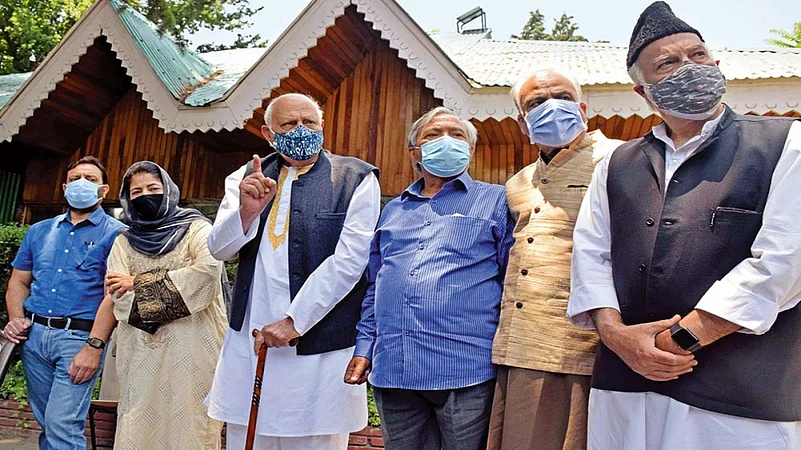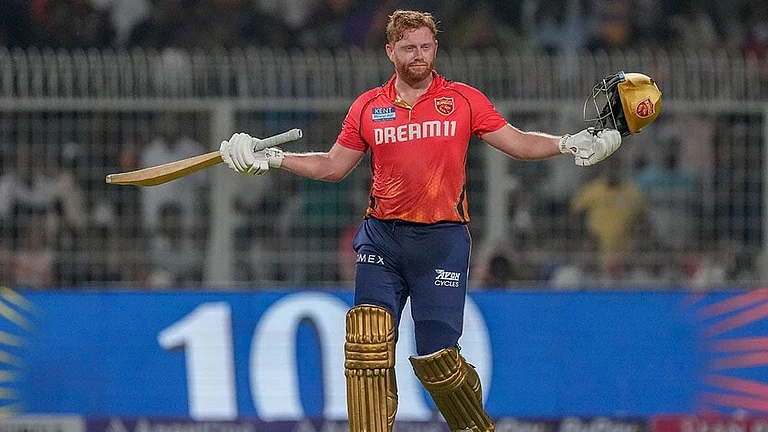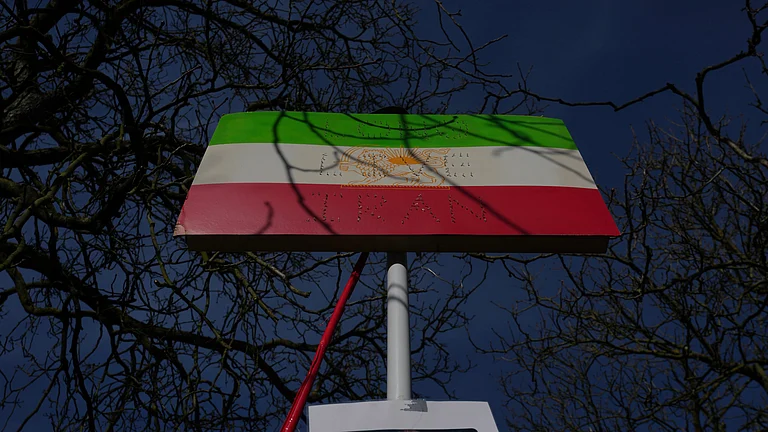Gupkar Road in Srinagar, lined by residences of top politicians in Jammu and Kashmir, including former CMs Farooq Abdullah, Omar Abdullah and Mehbooba Mufti, is buzzing with activity after a long spell when it wore a forlorn look. The change follows an invitation for a dialogue with PM Narendra Modi in Delhi on June 24. Sources in the security establishment disclose that the PM will share a “tentative roadmap” that is ready with the Centre. Although it is touted as the biggest outreach by the Centre to initiate a new political process in J&K, nobody is expecting any significant decisions to be made at the June 24 meeting, where the discussions are likely to revolve around Article 370, statehood and elections.
“The final outcome has to be restoration of statehood, a promise that was made by the government in the Lok Sabha, and assembly elections,” says a senior government official. “While it is difficult to give a time frame as restoration of statehood requires a constitutional amendment, it is likely to be the next step after completion of the delimitation exercise (redrawing of constituency boundaries). We are expecting a climbdown by Kashmiri politicians from their stated positions on Article 370. Its abrogation fulfilled an ideological promise made by the BJP in each of its successive manifestos.” The Centre expects Kashmiri politicians to make peace with the loss of J&K’s special constitutional status as fait accompli, and restrict their demands to early restoration of statehood and release of some prisoners, including a few of those in Delhi’s Tihar jail. “We are willing to concede to reasonable demands as it is important for the Centre to win back the trust of Kashmiris. After all, they also want peace, which is crucial for development in the region,” says a source involved in preparations for the meeting.
On returning to power at the Centre with a bigger majority in 2019, one of the first things done by the Modi government was abrogation of Article 370 of the Constitution that had granted J&K a modicum of formal autonomy within the Indian Union. Ladakh was hived off as a separate Union territory, and what remained of the erstwhile state became the Union territory of J&K directly administered by New Delhi. Among the large number of people from all walks of life detained to prevent massive demonstrations against the Centre’s decisions on J&K were leaders of both the National Conference (NC) and the Peoples Democratic Party (PDP)—all of whom are seen as ‘pro-India’ in the Valley and accused of being ‘traitors’ by both the ‘pro-Pakistan’ and pro-independence’ camps in Kashmiri society.
These moves came five years after Modi had invited his then Pakistani counterpart, Nawaz Sharif, to his first swearing-in as PM. During his first term, his party—the BJP—allied with the PDP to form a coalition government in J&K in 2015, and pulled out in 2018. Left without an elected government and assembly, the state was put under governor’s rule. In August the following year, Parliament’s decision to bifurcate J&K and bring its administration under the central government’s direct control was announced in the midst of a communication blackout and mass detentions, with government forces flooding the streets of Kashmir.

PM Modi meets Farooq and Omar Abdullah
Just a couple of months ahead of the second anniversary of the erstwhile state’s bifurcation and loss of statehood, 14 political leaders from Kashmir, including the Abdullahs of NC, Mehbooba of the PDP and Ghulam Nabi Azad of the Congress have been invited to meet Modi. Not long ago, especially during campaigns for the district development council polls in November-December last year, top BJP leaders such as Union home minister Amit Shah had derisively described the alliance floated by NC and PDP leaders along with smaller regional parties after their release from detention—the People’s Alliance for Gupkar Declaration—as the ‘Gupkar gang’. No wonder, sitting across the table with the PM is no easy proposition for Kashmiri politicians. Omar, for instance, faced a tough time convincing the NC about the importance of engaging with New Delhi. Party colleagues reminded him of the arrest of hundreds of their members. “If the meeting is not about restoring Article 370 and the rights of J&K’s people, then our participation makes no sense,” says NC leader Ruhullah Mehdi. Mehbooba was wary of joining the meeting even after the Centre released her uncle Sartaj Madani from preventive detention. “How can you assume she would jump at the invitation?” asks a PDP leader. “She didn’t ask them to release her uncle or anything else. Her party was taken away from her by Delhi to weaken her. Why would she trust them so quickly?”
Sources in the security establishment say the groundwork for the meeting has been going on for the past two months. When Union home secretary Ajay Kumar Bhalla formally called the 14 politicians on June 19, it was the culmination of two months of “secret diplomacy” aimed at bringing the NC and the PDP on board. The Centre, which had earlier tried unsuccessfully to create an ‘alternative leadership’ in the Valley, had nobody else to turn to for providing a semblance of political normality. “The Centre’s experiment with Apni Party, which came up in March 2020 under Altaf Bukhari, didn’t work out,” says a source in the BJP’s central leadership. “In the past two months, as the backchannels reached out to the NC and the PDP, Bukhari became critical of the central government.” Bukhari claims the “phone connection between Delhi and them (Abdullahs and Muftis) was never snapped.”
Citing the ceasefire at the Line of Control since February 25, a strategic affairs expert on Kashmir, who does not want to be identified, says the Centre’s actions are in line with the “parallel formula” associated with the late Brajesh Mishra, who was NSA when Atal Bihari Vajpayee was PM. Mishra believed the Centre should continue talks with stakeholders in J&K while keeping the backchannels open with Pakistan. “Then Pakistan president Pervez Musharraf used to say that whatever is acceptable to Kashmiris would be acceptable to Pakistan. If the Centre can convince Kashmiris on Article 370 and start a democratic political process, it will become easier to get Pakistan on board,” the expert says.
According to a senior NC leader, there has been constant engagement between New Delhi and Islamabad since August 2019. Pakistan’s move for the DGMO-level talks too was a break from PM Imran Khan’s previous stand that engagement with India was impossible without restoration of J&K’s “autonomous” status. “When Islamabad can engage with Delhi despite its rhetoric over abrogation of Article 370, why shouldn’t we? That was the premise of going for the meeting with the PM,” the NC leader says.
As for the central government, concerns about the security situation could be one of the factors motivating it to engage with Kashmiri politicians. According to security analysts, the “pressure cooker” situation in Kashmir cannot be maintained for long and any event can spiral out of control, attracting the world’s attention. “Restoration of statehood and assembly polls would give New Delhi a breather and ward off international attention from India’s actions in J&K since August 5, 2019. It will then be in a better position to deal with the emerging crises along the Line of Actual Control in Ladakh,” says an analyst.
By Bhavna Vij-Aurora in Delhi and Naseer Ganai in Srinagar


























